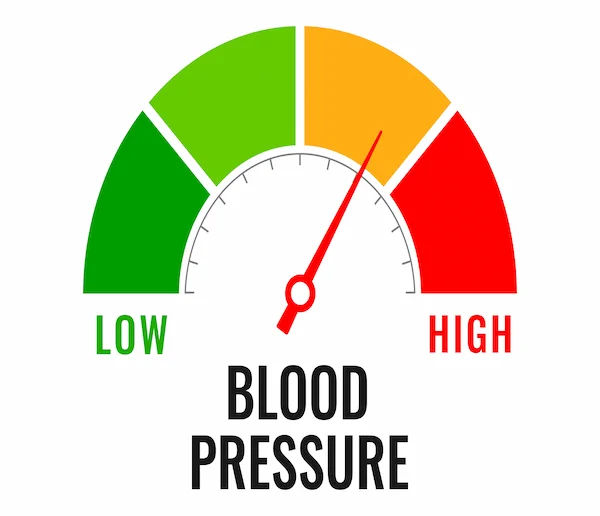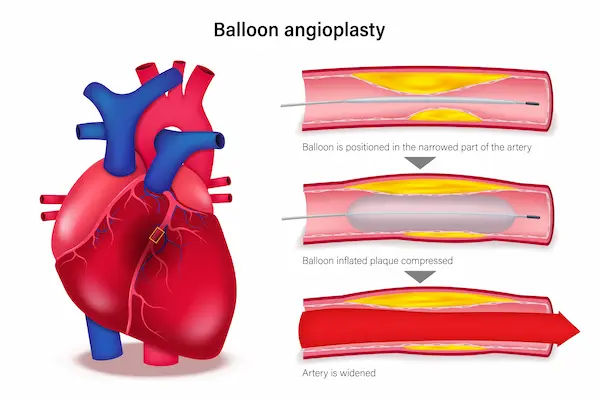- Male
- 27 Years
- 29/01/2025
I'm looking for some help understanding my ECG report. One of the doctors mentioned something called Prolonged QT syndrome, and I'm not exactly sure what that means. Could you give me some more details about it? I've also attached the medications I've been prescribed.
Answered by 1 Apollo Doctors
The Prolonged QT syndrome is a heart condition that can potentially cause fast, chaotic heartbeats, which can be life-threatening. It is diagnosed based on an electrocardiogram (ECG) that shows a prolonged QT interval, indicating a delay in the heart's electrical recharging system. This delay can lead to arrhythmias and fainting spells. For the treatment of Prolonged QT syndrome, medications like Beta-blockers are commonly prescribed to help regulate the heart rate and reduce the risk of arrhythmias. In your case, the medication prescribed is Propranolol at a dosage of 40mg twice daily. Propranolol is a beta-blocker that helps to stabilize the heart's electrical activity and prevent dangerous heart rhythms. It is important to take the medication as prescribed by your doctor and to follow up regularly to monitor your heart's condition. If you experience any concerning symptoms or side effects, be sure to contact your healthcare provider for further guidance.
Dr. Anshul Suggests...
Consult a Cardiologist
Answered 04/07/2025
0
0

More Cardiology Health Queries
View allI'm having trouble getting my Telpres LN 40 prescription for my blood pressure because my doctor is unreachable and the local pharmacy doesn't have it. Could you recommend a good alternative? I'm a bit worried about not having my medication.
refer to cardiologist
Answered by 1 Apollo Doctors
Ive been having trouble with my breathing, and my pulse rate is pretty high. My doctor mentioned something about sinus tachycardia and gave me propranolol to take. After using it for a couple of days, I've started to notice swelling in my fingers. What kind of tests or investigations do you think I should consider? And should I be worried about this swelling? Any advice would be really helpful.
Sinus tachycardia is a condition where the heart beats faster than normal. Since you are experiencing swelling on your fingers after taking propranolol, it is important to consult your doctor for a possible alternative medication. In terms of investigations, you may consider getting an ECG (Electrocardiogram) to monitor your heart's electrical activity and rule out any other underlying heart conditions. Additionally, a blood test to check electrolyte levels and thyroid function may be recommended. It is important to discuss these options with your healthcare provider for proper evaluation and management.
Answered by 1 Apollo Doctors
I've been experiencing an increased heart rate after starting Torvate 200. How long does it usually take to get back to normal? Should I be concerned or do anything specific in the meantime?
Increase in heart rate due to Torvate 200 is a known side effect of the medication. To help normalize your heart rate, you can try the following: - Reduce caffeine intake - Practice relaxation techniques such as deep breathing exercises or meditation - Stay hydrated - Get regular exercise - Ensure you are getting enough sleep If your heart rate remains elevated or if you experience any concerning symptoms, please consult your healthcare provider. The duration for your heart rate to return to normal can vary depending on individual factors, so it is important to monitor your symptoms closely.
Answered by 1 Apollo Doctors
Disclaimer: Answers on Apollo 247 are not intended to replace your doctor advice. Always seek help of a professional doctor in case of an medical emergency or ailment.





